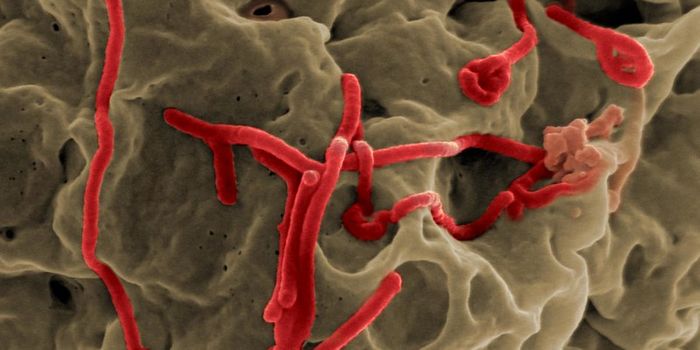Animal food production drives poor air quality
Need another reason to go vegetarian or vegan? In the United States alone, there are 16,000 deaths annually resulting from poor air quality that is caused by the processes of food production. According to a new study published in the journal Proceedings of the National Academy of Sciences, 80% of those deaths are related to animal food production in particular.
Researchers from the University of Minnesota conducted a food-by-food analysis of different sectors of the agriculture industry to determine which animal and crop production processes are the most damaging to air quality. One of the researchers is Nina Domingo, who is a doctoral candidate in the Department of Bioproducts and Biosystems Engineering in the University of Minnesota's College of Food, Agricultural and Natural Resource Sciences and College of Science and Engineering.
"Discussions on the environmental impacts of different foods typically focus on their greenhouse gas emissions, land and water use, and biodiversity impacts, but little is known about how different foods affect air quality. Our research allows for this important piece of the puzzle to be included in the conversation," she comments.
Domingo and her collaborators looked specifically at the levels of fine particulate matter, or PM2.5, found in the air resulting from diverse agricultural practices, showing that plowing land, fertilizing crops, and storing and spreading manure increases PM2.5 levels. Long-term exposure to PM2.5 has been linked with adverse health effects such as increases in the risk of heart disease, cancer, and stroke.
Understanding the ways that food production affects air quality is the key to improving production practices. "There are many available solutions that can improve air quality-related health outcomes," notes Domingo. "Meaningful changes will require coordinated efforts of farmers, food-producing companies, consumers and policymakers."
As for consumers, the researchers report that from a per-serving perspective, plant-heavy diets produce less air pollution than animal-heavy diets. Science Daily explains what this means in terms of your daily consumption: “the average air quality-related harm of red meat to human health is two times greater than that of eggs, three times greater than those of dairy products, seven times greater than those of poultry, 10 times greater than those of nuts and seeds, and at least 15 times greater than the average of other plant-based foods.” Therefore, choosing a plant-rich diet over a meat-rich diet can decrease air pollution during production.
"Air quality-related mortality from the U.S. food system is comparable to that of other sources of air pollution, such as motor vehicles and electricity production. Nevertheless, food-related emissions are lightly regulated and less studied compared to these other sectors," said Jason Hill, professor in the Department of Bioproducts and Biosystems Engineering. "Fortunately, air quality-related mortality of food can be reduced by improving fertilizer and manure management practices, and by shifting to diets that contain greater portions of fruits, vegetables, legumes, whole grains and other plant-based foods." Luckily, this type of diet is one that is not only healthier for the land, but also healthier for your body!
Sources: PNAS, Science Daily









